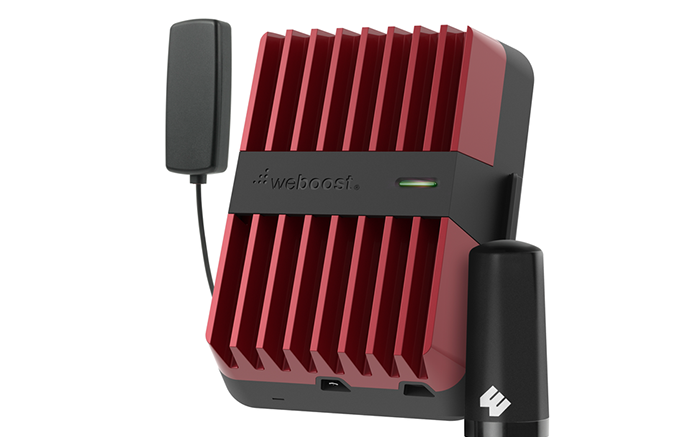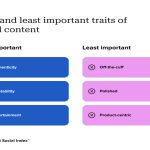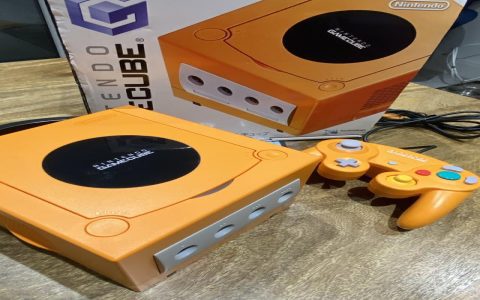How Cell Phone Car Boosters Work
Cell phone car boosters amplify weak signals by capturing them via an external antenna and boosting the signal strength through an internal amplifier. This helps improve call quality, data speeds, and network connectivity in weak-signal areas like remote roads or tunnels.
Do They Really Work? The Verdict
Yes, they can be effective under the right conditions. Factors include device quality, proximity to a base station, and proper installation. Quality boosters from reputable brands often show noticeable improvements, while cheap models may fail due to interference or incompatibility.
Real User Experiences: Key Insights
- Positive feedback: Many users report reliable signal gains of 2-4 bars, reducing dropped calls during long commutes. One driver shared: "My booster transformed dead zones into usable service, saving me from frustrating disconnections."
- Mixed results: Some users experienced minor issues like battery drain or inconsistent performance in areas with no existing signal. A frequent traveler noted: "It worked great on highways but was useless in deep valleys without any initial reception."
- Common challenges: Complaints include compatibility problems with certain carriers or phones, and the need for proper mounting to avoid signal loss.
Recommendations for Best Use
For optimal results, choose FCC-approved models, install antennas correctly, and test in weak-signal scenarios. Remember, boosters can't create signals; they enhance existing ones. User consensus: They deliver value for road warriors but require realistic expectations.












